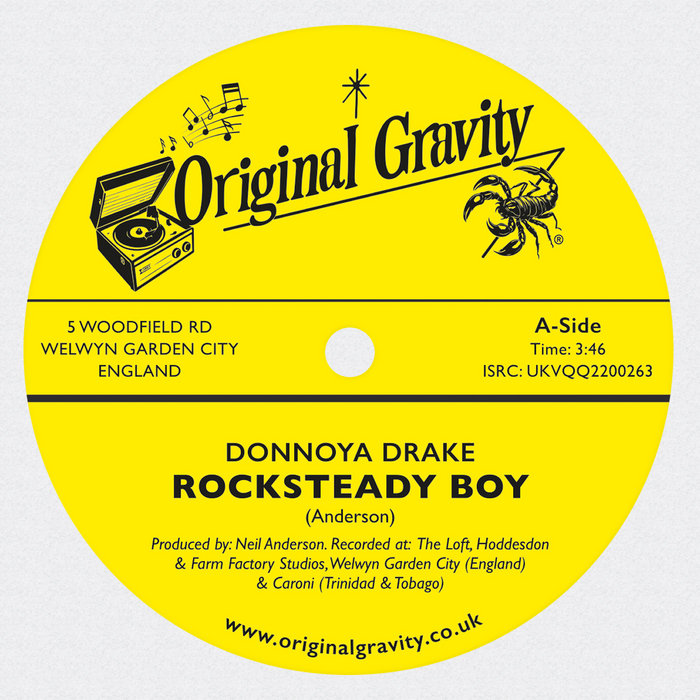
Rocksteady Boy – Donnoya Drake
this blog is GROOVY – check out great Soul, Funk, Jazz, Hip Hop, Bass, Breaks , Reggae, House n many more TUNES
Hey there, music lovers! Buckle up as we take a ride through the swinging world of Mod — a cool subculture that originated in London during the late 1950s and hit its stride throughout the 1960s. With sharp suits, scooters, and an insatiable appetite for rhythm and style, Mods weren’t just about music; they were about living life to the fullest! So let’s dive into this colorful scene filled with groovy beats and legendary figures.
At its core, Mod is more than just a music genre; it’s a lifestyle. Picture it: young British dudes (and dudettes) strutting their stuff in tailored suits while riding their shiny Lambretta or Vespa scooters. They embraced modern jazz, rhythm & blues, soul music, and even early rock ‘n’ roll.
The whole movement was marked by sharp fashion choices — think skinny ties, Fred Perry polo shirts, and parka jackets. It’s like James Bond meets your coolest friend’s older brother!
The Mod scene started buzzing around London in the late ’50s among working-class youth who wanted something new—and boy did they find it! They were drawn to American R&B artists like Ray Charles and Sam Cooke, but soon found their groove with homegrown talent.
As we rolled into the ‘60s, bands began popping up everywhere like daisies on a sunny day. We saw legends emerge—like The Who (who initially went by “The High Numbers”) bringing fresh energy with tracks such as “My Generation,” packed full of rebellion against anything that smelled too stale!
While The Who captured hearts with their electrifying performances and rock opera antics (more on that later), other groups added to this delightful mix:
The Small Faces: These guys had hits like “Itchycoo Park” – Yes! You guessed it… Itchycoo Park was totally an actual place.
The Kinks: Known for classics like “You Really Got Me,” these legends blended pop sensibilities with incisive social commentary—grooviness at its best!
The Jam: In the late ‘70s revival wave led by Paul Weller—the band emerged perfecting mod elements while adding punk energy to shake things up!
Ahh yes! But before we get too serious here… let’s sprinkle some humor along our journey…
Roger Daltrey’s Hairy Moments:
Roger Daltrey from The Who once grabbed his microphone cord so fiercely during shows that he accidentally whipped out hair extensions attached to his scalp mid-performance! Talk about hair raising!!!
Fashion Faux Pas Galore:
Many Mods took pride in being stylishly ahead of everyone else…but not all succeeded flawlessly! At one point during a gig at Isle Of Wight Festival ’69—members sported matching plaid outfits resembling bright picnic baskets—a definite case of “What Were They Thinking?!”
Paul Weller’s Style Ads:
Paul Weller became so iconic that after many years he literally became walking advertising space himself; modeling everything from Gucci suits to Doc Martens—you could say he’s been modelling since back then!
Scooter Shenanigans:
Scooter accidents were quite common amongst Mods trying how fast they can cruise down streets looking effortlessly cool…some would end up leaving trails of broken mirrors when running into parked cars – oopsie daisy!
Bitter Rivalry Between Mods & Rockers:
Oh boy! Remember those crazy fights between Mods wearing smart threads battling Rockers decked out in leather? Legend has it one famous brawl happened merely because someone used another lad’s gel without permission—hair maintenance gets serious folks!!
Fast forward through decades filled with musical evolution—Mod influences still dance vibrantly today within indie culture—and various genres including Britpop which brought us bands such as Oasis echoing sounds reminiscent of earlier days.
In films too—we see Quadrophenia, showcasing dynamic battles between two youth cultures & immortalizing themes associated forever linking them both—the quintessential representation keeps alive spirit long after original mods put away favorite footwear for good (& likely traded them instead for slippers).
So there you have it—a snapshot gliding through lush soundscapes & quirky antics defining vibrant world called MOD where each beat resonates timeless appeal spreading joy across generations past present yet forming ever-connected grooves for future sons/daughters consorting notes sounding oh-so-sweet.
Let’s keep spinning those records folks because when you live life mod-style—you know every moment counts towards finding your own rhythm amidst endless melodies awaitin’ discovery ready under spotlight waiting…just don’t forget your scooter keys!!

Rocksteady Boy – Donnoya Drake
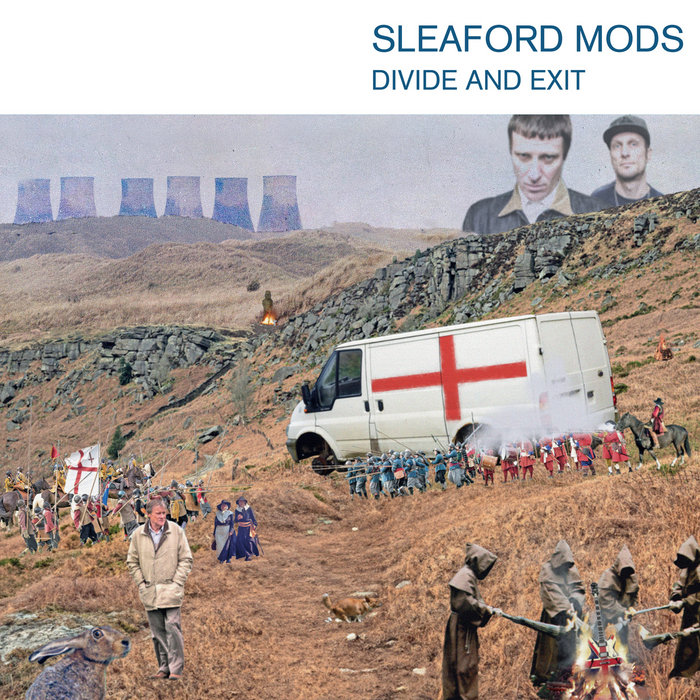
Tied Up in Nottz (2024 Remaster) – Sleaford Mods
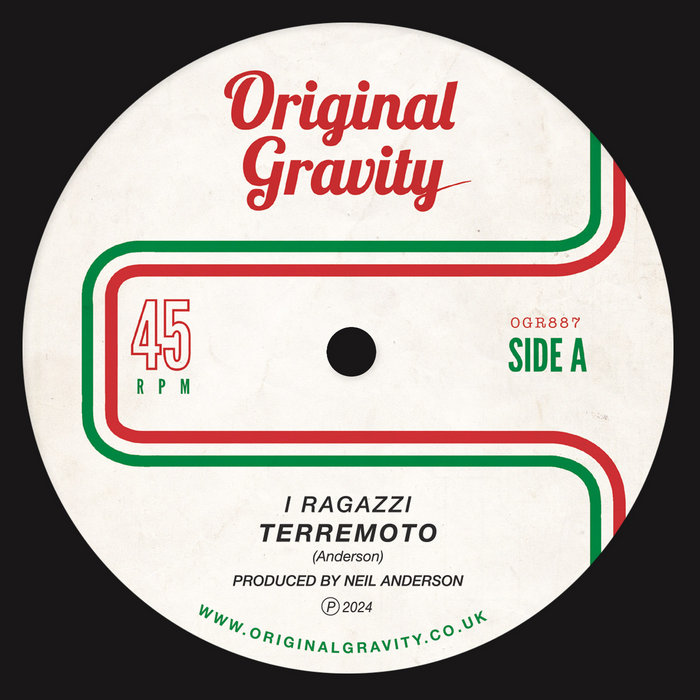
Terremoto – I Ragazzi
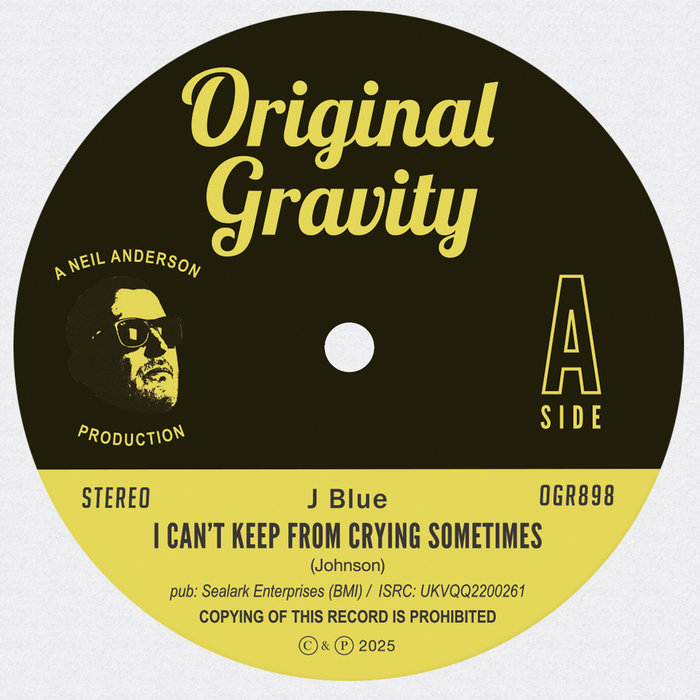
I Can't Keep From Crying Sometimes – J Blue
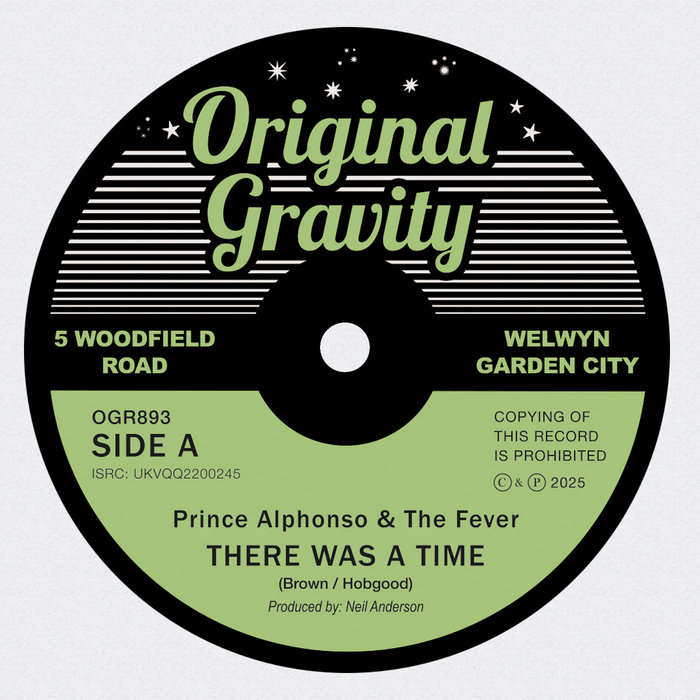
There Was A Time – Prince Alphonso & The Fever
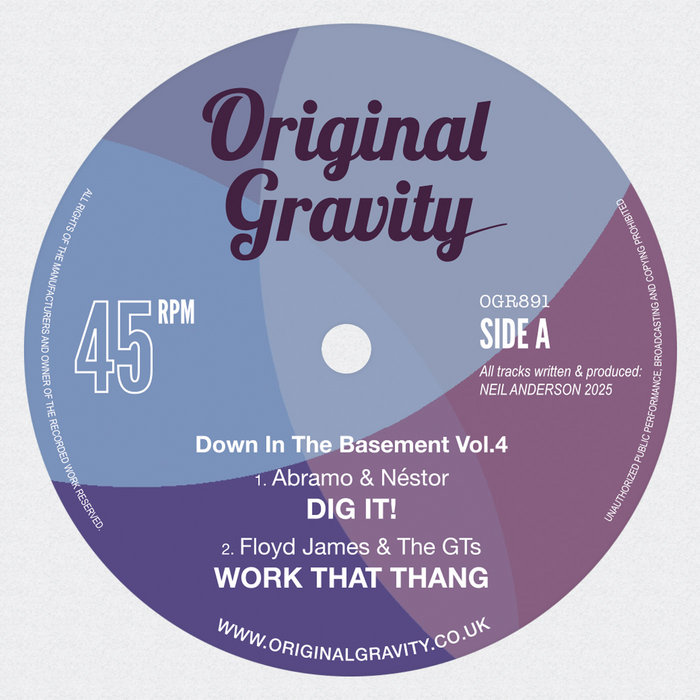
Work That Thang – Floyd James & The GTs
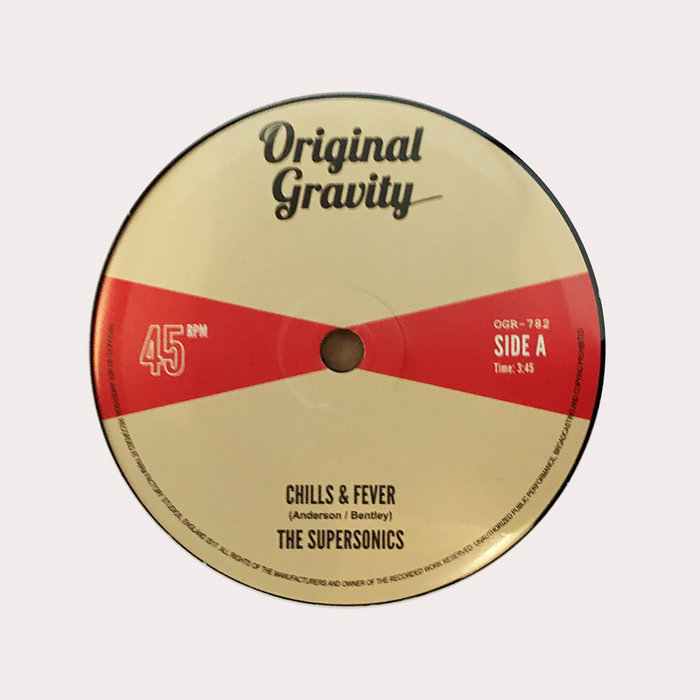
Feelin' Supersonic – The Supersonics
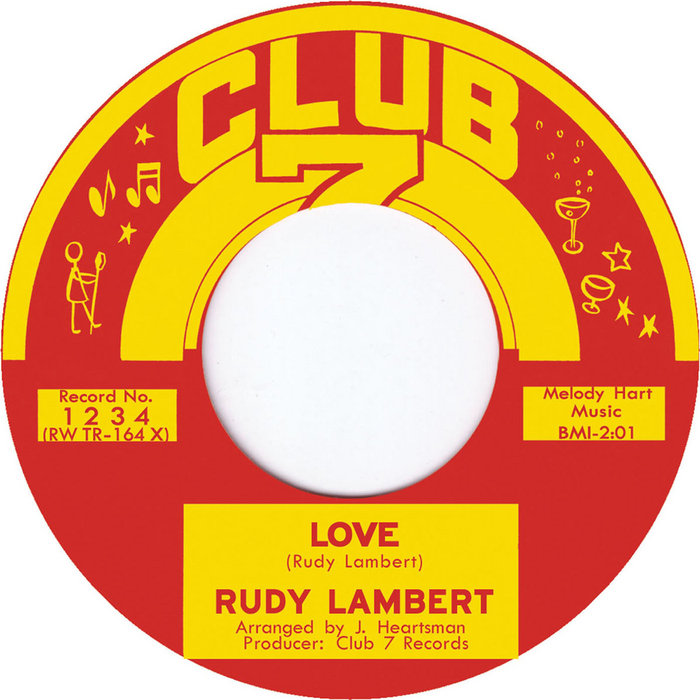
Love – RUDY LAMBERT
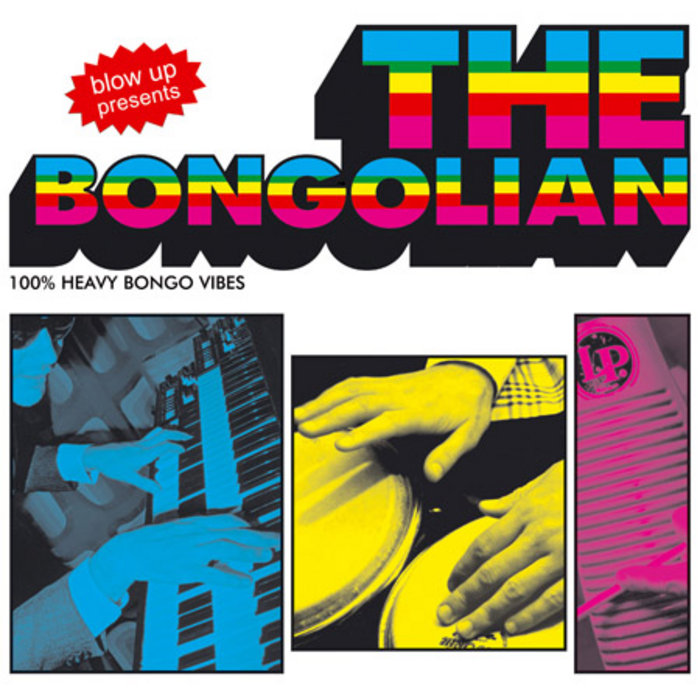
Bongohead – The Bongolian
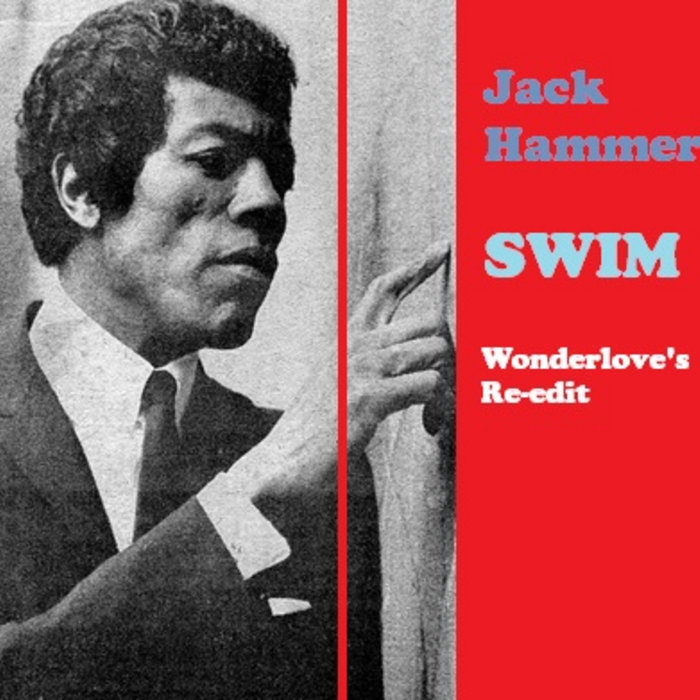
Swim (Wonderlove's Re-edit) – Jack Hammer